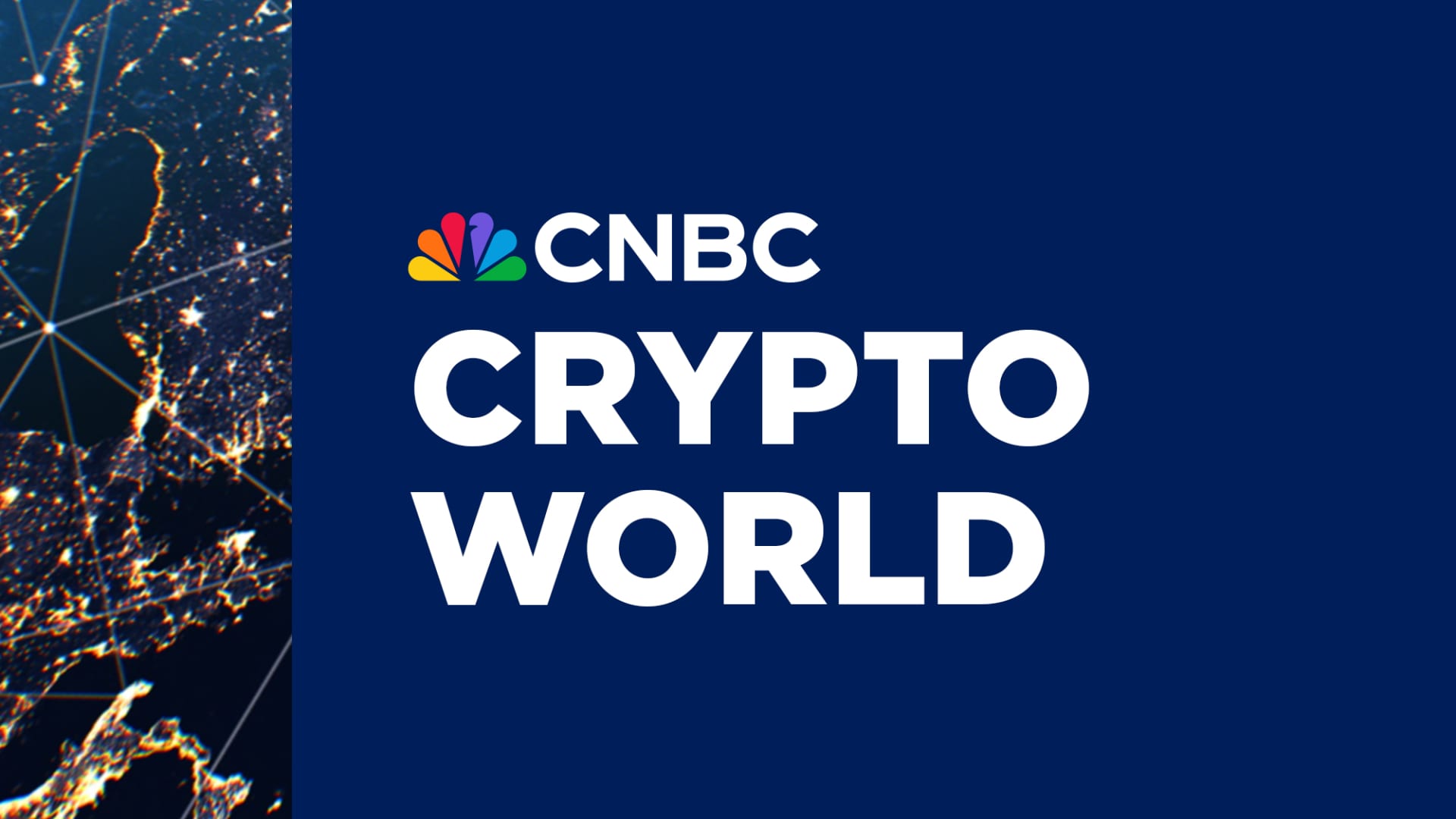Why copyright Mining Is Becoming More Attainable to Regular Investors
The Duty of Digital Currency in Shaping Tomorrow's Financial Landscape
As the electronic revolution proceeds to change different markets, its impact on the financial landscape can not be underrated. As we stand on the verge of this possible turmoil, pertinent inquiries develop pertaining to the chances and challenges that electronic money presents.
Comprehending the Development of Digital Currency
In spite of the prominence of conventional financial systems, the appearance of digital currency has actually ushered in a brand-new period worldwide of finance - copyright mining. Digital money, additionally called cryptocurrencies, are basically decentralized systems that enable peer-to-peer transactions to happen over the internet. These purchases are verified by network nodes through cryptography and tape-recorded in a public journal called a blockchain
The initial and most well-known digital currency, Bitcoin, was created in 2009 by an unknown person making use of the name Satoshi Nakamoto. Ever since, thousands of various cryptocurrencies have been created, each with their own distinct features and usages. The appearance of digital money has been helped with by developments in technology, particularly the net and cryptography. Such currencies offer possible advantages including enhanced security, reduced deal costs, and the ability to pay without the need for a central authority or economic institution.
The Impact of Cryptocurrencies on Conventional Financial Equipments
A considerable change in the economic landscape has been observed since the development of cryptocurrencies. These digital possessions, lacking physical form and centralised control, have been steadily chipping away at the foundations of standard financial systems. They have disrupted the status by providing a choice to fiat money and banking structures, which are typically gone stale by administrative bureaucracy and inefficiencies.
Cryptocurrencies have actually brought regarding a newly found sense of economic sovereignty for people by allowing peer-to-peer deals, devoid of the oversight of banks. This has challenged the long-standing prominence of financial institutions and triggered them to reassess their roles and approaches.

Potential Opportunities and Obstacles in Embracing Digital Currency
Digital currencies' extreme volatility postures monetary dangers and their anonymity can help with illegal activities. While the assurance of digital currencies is distinct, realizing their complete possibility will need addressing these difficulties.
Instance Researches: Countries Accepting the Digital Currency Revolution
As we explore details examples, it is enlightening to observe how various nations are using the power of electronic currencies. China, for example, has begun on an across the country electronic yuan test, aiming to replace money and preserve financial sovereignty despite arising cryptocurrencies.
On the other side of the globe, Sweden has been testing its e-Krona, with a key goal of keeping a reliable and protected payment system. The Marshall Islands has actually adopted the SOV, a nationwide digital money, which exists together with the US buck to reduce their financial dependancy.
In Africa, Check This Out Senegal introduced eCFA, an electronic variation of their national money, to promote economic incorporation and improve the regional economic situation. These varied case studies highlight an international trend of countries accepting electronic money, each with one-of-a-kind inspirations and methods, mirroring the transformative potential of electronic money in modern-day financial systems.
Anticipating the Future: The Long-lasting Leads of Digital Currency in Global Finance
Drawing from the different study of nations that have accepted digital currencies, it comes to be evident that this electronic transformation is not just a passing trend. The expanding popularity of electronic currencies recommends an encouraging future, where these currencies can potentially reshape the global economic landscape.
The change in the direction of digital currencies is most likely to increase, driven by the demand for greater monetary incorporation, efficiency, and protection. Digital currencies, with their ability to promote instant deals, reduced prices, and provide transparency, could interrupt traditional banking systems.
Nevertheless, the long-lasting prospects of electronic money hinge on a number of variables. Governing acceptance, technical improvements, and public trust fund are essential aspects that can influence their future trajectory. The volatility of electronic currencies likewise positions a substantial challenge, which needs to be dealt with to ensure their continual development.

Final thought
As electronic money remains to gain energy, it is positioned to fundamentally improve the international economic landscape. Its possible to enhance economic addition, streamline purchases, and difficulty typical financial structures is indisputable. Nevertheless, its full impact and long-term prospects remain to be seen. As the globe grapples with this financial change, it will interest watch how digital money advances and changes our interaction with cash.
The Role of Digital Money in Shaping Tomorrow's Financial Landscape. (copyright mining)
In spite of the supremacy of standard monetary systems, the appearance of digital currency has actually ushered in a new era in the globe of financing. Digital money' extreme volatility postures monetary risks and their privacy can assist in illegal activities.As digital currency proceeds to get momentum, it is poised to essentially improve the global monetary landscape. As the world grapples with this economic revolution, it will be fascinating to enjoy how digital currency develops and transforms our interaction with money.